January 29: He left his mortality back on the bench

Big news.
Sports are good.
I mean there are things about sports that are good. Of course, there are things about them that are bad too - like really bad. No ethical touchdowns under capitalism, etc. But let’s also be honest with ourselves. Sports kick a lot of ass.
Obviously, sports mean a lot of different things to a lot of different people. For some of us, they’re a way to stay fit, healthy. For others they’re purely a spectator affair, something to build communities around, argue about, and make bets on. Sports are sources of identity, ways for us to understand our own bodies, and narrative backdrops for the stories we want to tell.
For me, sports make the most sense as a simulation of intensity. I am not the kind of person who is generally given to massive outbursts. Risk averse to a fault, my approach to life is generally marked by caution, reservation, and observation - not expression. I avoid drama, I stay away from stories and movies that feel emotionally manipulative, and I’m generally suspicious of the grand metanarratives you find in religious dogma. But put me in front of a playoff football game and suddenly I’m praying like a foxhole soldier, screaming joy and anger with every possession change. Show me a gold medal run down the slopes by an underdog who’s fought to recover from an injury, and I know the tears won’t be far behind. The competitive nature of games along with their long, rules-governed histories offer us a structure of feeling that otherwise isn’t accessible to us without the stress and strain of crisis. And sometimes, as with my sleepless night last Sunday evening, that simulated crisis might spill over into the real world, but isn’t that possibility what makes these moments all the sweeter?
Sports hold a privileged space in the pop culture landscape, and I don’t talk about them much here because of that - who needs to “discover” the goodness of basketball for the first time? And yet, because of that position of ubiquity, it’s easy to let the whole affair breeze by.
Anyways, go Bills.
Listen: BAD MODE - Hikaru Utada
Growing up we listened one of four different radio stations: the Christian positivity network, the country station, MIX 100.5 for all the greatest hits of the 80s, 90s, and now, and WARM 101.3 - the soft rock station. If you asked 12-year-old me which of those was my favorite I would have told you it was MIX because at least there I could occasionally hear a little aggressive edge from Nirvana, but in reality it was the soft rock station I loved the most. There, the dregs of contemporary R&B would occasionally wash ashore alongside pop ballads from Celine Dion, Madonna, Gloria Estefan, and Whitney Houston.
There’s something of WARM 101.3’s magic to the new album by J-pop superstar Hikaru Utada. They’ve been spinning up their own brand of groove-laden dance-pop since the late 90s, but I’m sorry to say this new record, BAD MODE, has been my first introduction to their music. I’ll be diving into the back catalog. Songs like “One Last Kiss” offer a shimmering, watery kind of bop, like a Eurovision track that, against all odds, doesn’t suck after the third listen. Then there’s the eleven minute odyssey, “Somewhere Near Marseilles”, which merges the beeps, whistles, and shuffling beats of a mid 00s IDM banger with the soft, bouncing hooks of a more downtempo Robyn. Utada’s voice has an infectious approachability, hitting somewhere in between Dido and Kylie Minogue, which they infuse with surprising expression. It’s pure pop melodrama, flush with anthemic sincerity and enormous confidence.
Watch: Joshua Patrick Allen, QB for the Buffalo Bills

Okay okay, let me speak my truth for a second.
I spent the first half of this week reeling from the Buffalo Bills loss to the Kansas City Chiefs in the Divisional Round of this year’s NFL playoffs. It was one of the most dramatic finishes ever seen in a professional football game - 25 points were scored in the final two minutes of the game, spurred on by the otherwordly athletic performances by each team’s quarterback. I won’t belabor the details, because very little is worse than being asked to read about sports highlights, but in that game, Joshua Allen, quarterback for the Buffalo Bills, ascended to a level in professional athletics that you never quite come down from. Here’s what I mean.
Sports are America’s favorite theater venue. They are where we stage our biggest stories of triumph and failure, of the triumph of the human body and the fantasy of belonging to one another. And while, yes, professional sports are like any game in that they too are a fiction, the constraints of sport sometimes produce moments that transcend the ordinary pleasures of cooperation and athletic prowess, becoming instead something totally iconic. That’s what Josh Allen did last Sunday evening. For years afterwards, people will be boring their relatives with stories about this game, not because its outcome was earth shattering to the sport, or even to the overarching stories of either team involved, but because in that game they saw Josh Allen, a goofy looking farmboy from Firebaugh, California, light the stadium on fire, throw an entire 53-person team onto his back, and run over grown-ass, giant-sized linebackers as he marched again and again down the field to keep his team from exiting the playoffs too early. Josh didn’t win the game, but by the time he threw his fourth touchdown of the night, sprinting away from some of this planet’s fastest and strongest people, fastballing that football on a rope to a receiver only he could see, he had left his mortality back on the bench.
Listen: Gnani - Sis
Jenny Gillespie Mason’s project, Sis, comes through on this EP with a short but lasting set of tracks that warm an array of synthetic sounds up with an 00s indie sensibility and an 80s R&B flair. Sounding like the soundtrack to a manic pixie love story on Saturn, Gnani makes an immediate impression with the oscillating tones of “Double Rapture”, sounding for all the world like the whirring instrument panel of a submarine research vessel, navigating its way to the bottom by the sounds of whalesongs. Mason’s voice is a constant, soothing presence, reminiscent of early work by The XX, sitting breathy just behind the instrumentation. It’s a magical little spell that Gnani casts, taking over the room for its thirty-minute runtime with the sound of rippling light on the walls, a chorus of seafoam and space dust dancing like motes on the breeze.
Play: Griftlands by Klei Entertainment
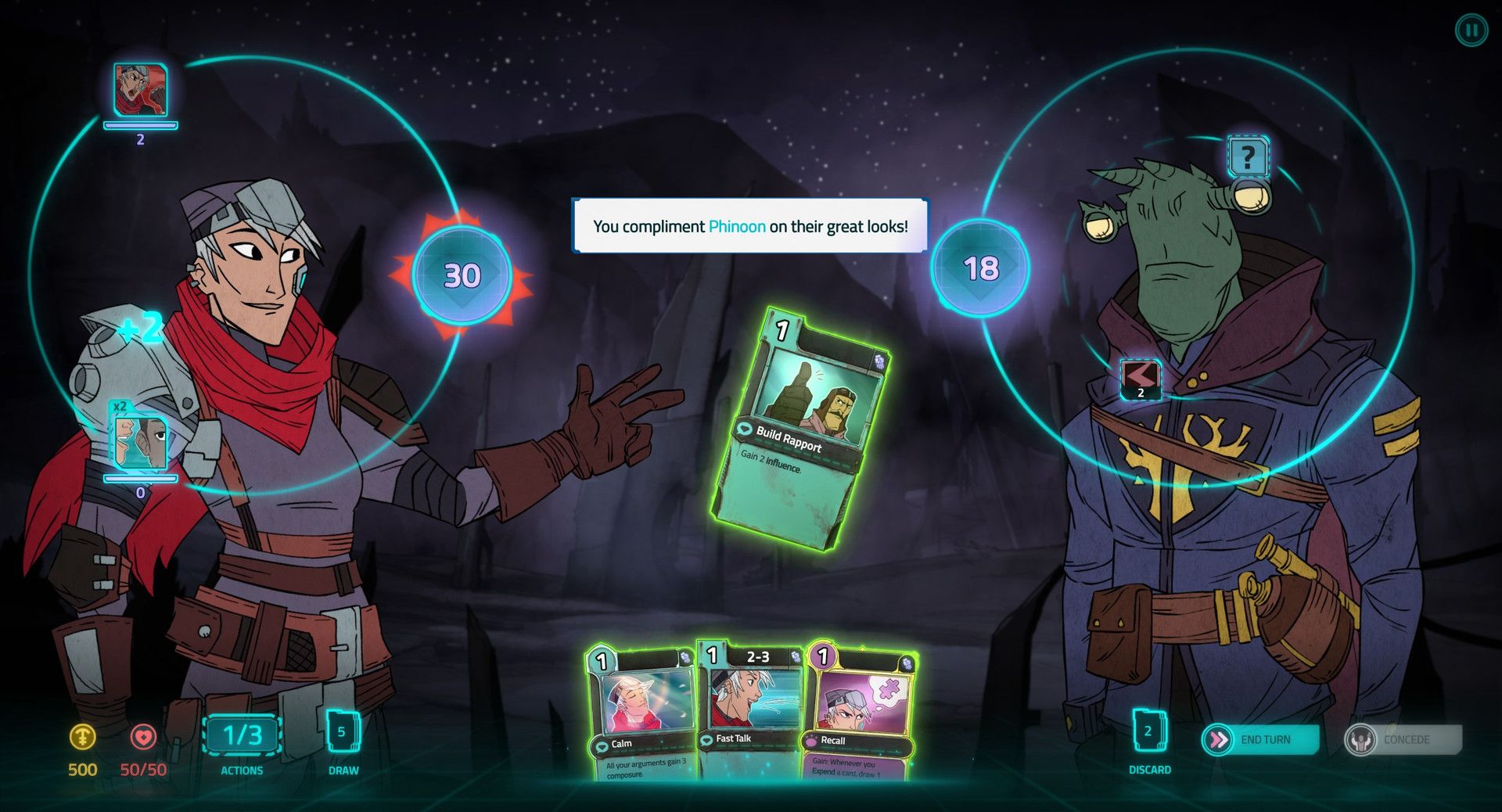
I’m making a point this year to try new games out the moment I begin to feel bored with the one I’m playing. My back catalog across a billion platforms has become simply too long to ignore, and at the end of the day, like I said about Everdell last week, I love games because of the ideas that emerge in the playing, not necessarily because their entire arc is a laugh-a-minute thrill ride, or because the stories they tell are so interesting. That’s why this week I’m recommending a game that I’ve only played for a few hours but have seen enough of to know is worth your time, even if it’s just for a few runs. That game is Griftlands.
Griftlands is two things, mainly: a deckbuilding card game and a roguelite. Meaning, combat and conversations are represented as one-on-one tactics games where your maneuvers come from cards you’ve been collecting and upgrading, and that when you die or fail to achieve your ends, the “run” starts over. You go back to square one and try again with just a few hold overs from the last run to make you a bit stronger. These two ideas have been combined with so much frequency and to such good effect over the past several years in games like Slay the Spire, Dicey Dungeons, and Nowhere Prophet, that it has almost ossified into its own subgenre.
Where Griftlands shines, however, is in the way it brings variety to the card play by splitting your decks across Battle and Negotiation, each deck corresponding to a different kind of enocunter and coming along with a completely different set of rules. This split feels organically rooted in the game’s narrative stakes, where your character is a bounty hunter climbing the ranks of a dangerous underground to take revenge on the small-time tyrant who ruined their life. It matters quite a bit whether you’ve invested resources into your Battle deck or your Negotiation deck, and the shape of your character’s arc through the story is liable to change dramatically depending on the emphasis. Throw that along with the compelling cast of characters who respond dynamically to you according to your playstyle, and you’ve got a characterful game that manages to stand out from its growing number of peers.
That's it - the last newsletter of January. Take care of yourselves in these cold days. I'll see you next time here at The Crossover Appeal.
Jordan Cassidy

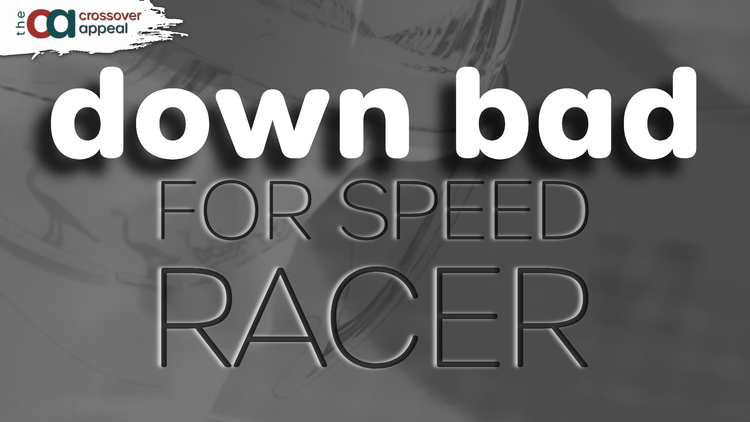
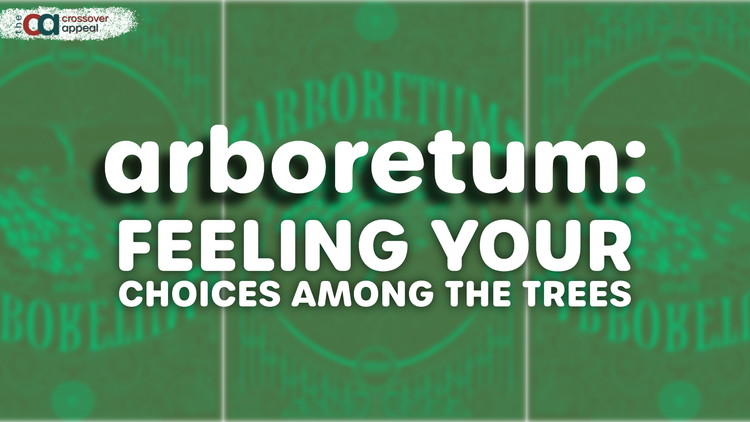
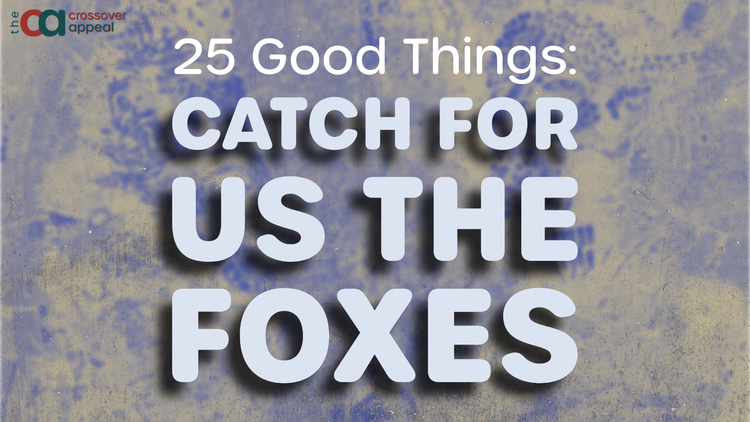

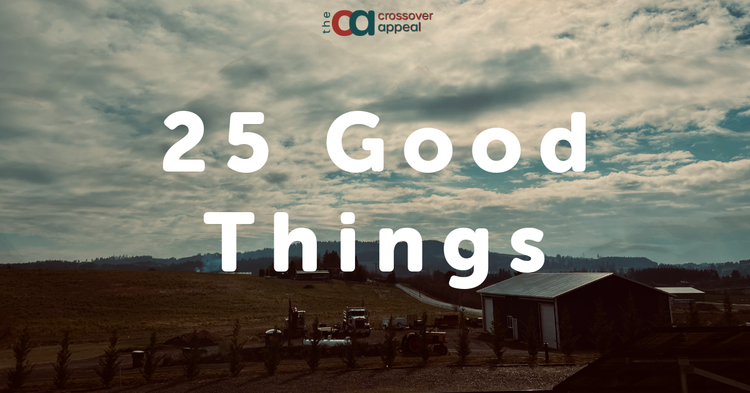
Member discussion